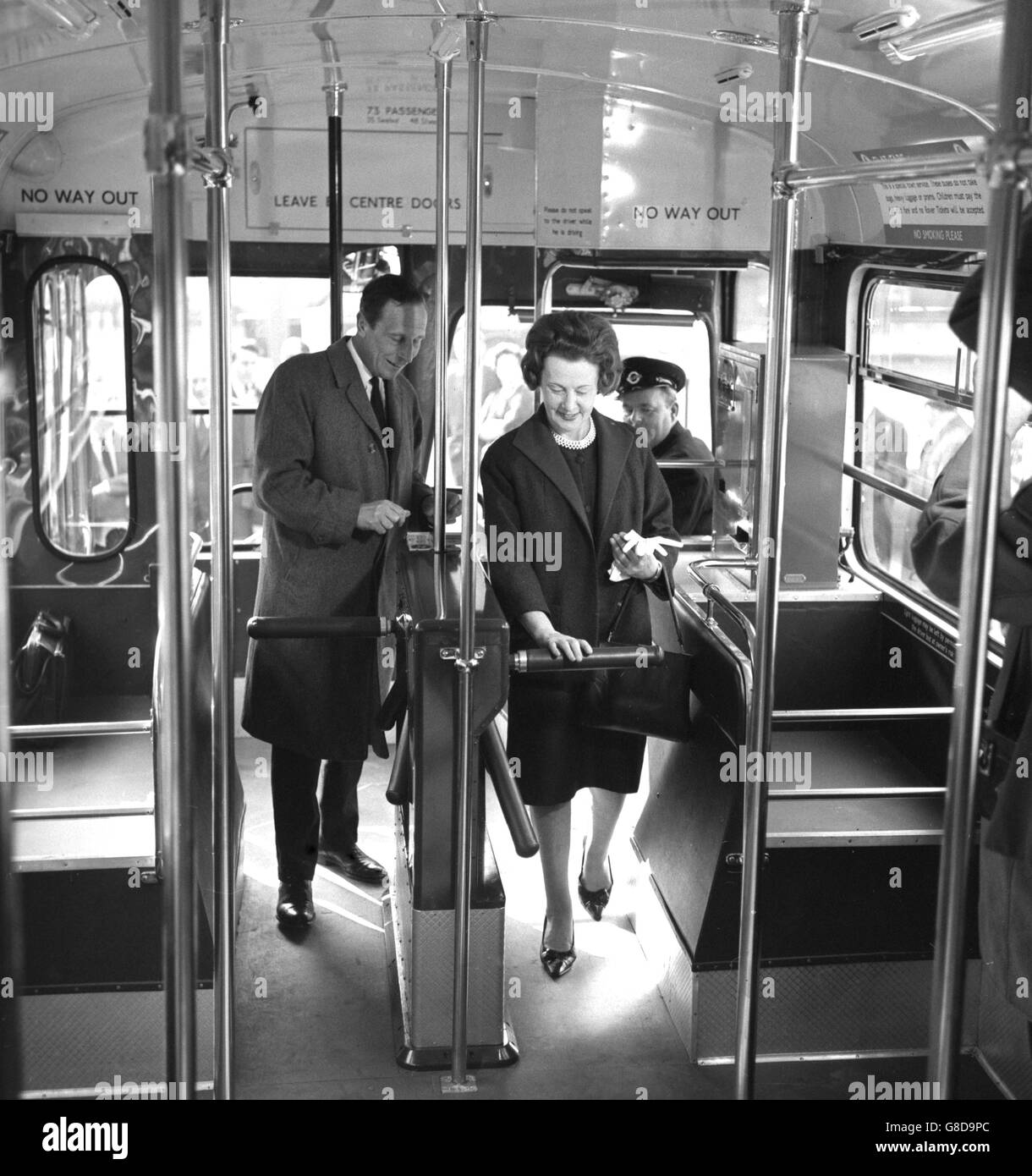garethbus3
New Member
- Joined
- 24 Oct 2018
- Messages
- 3
Hi everyone,
I came here to ask a question regarding buses. I have nothing to do with the bus industry, but do have a question I wanted to put to users who know about buses, as an outsider.
That question is, why do bus companies choose to use a zone-based fare system?
Positives:
Like I said I'm no expert, I just want to find out what people think!
Also, whilst I'm here, are there any other types of fare system bus operators adopt?
Thanks,
Gareth
I came here to ask a question regarding buses. I have nothing to do with the bus industry, but do have a question I wanted to put to users who know about buses, as an outsider.
That question is, why do bus companies choose to use a zone-based fare system?
Positives:
- Makes sense logically, that if you want to travel further you are charged more. But even then, unless the bus is always at max capacity, it's not like you're any more of a burden being on that bus than someone only travelling to the next stop?
- Complication: fare prices can't be presented clearly/easily on websites
- Complication: marginally slower boarding time, as opposed to a flat fare where you already know the price, and pay upon boarding
- Complication: drivers are supposed to make sure people only travel where their ticket says, but in the real world, surely this is more of a deterrent than an actual contract? I imagine only a small percentage of drivers would actually act on this. A flat fare solves this.
- Complication: paper ticket/receipt required, with flat fare a paper ticket/receipt would be optional as everyone onboard will have paid their fare. Appreciate if it's a return they'll need a physical ticket, but it'll cut down on paper if they were optional for single flat fares
Like I said I'm no expert, I just want to find out what people think!
Also, whilst I'm here, are there any other types of fare system bus operators adopt?
Thanks,
Gareth
Last edited:

